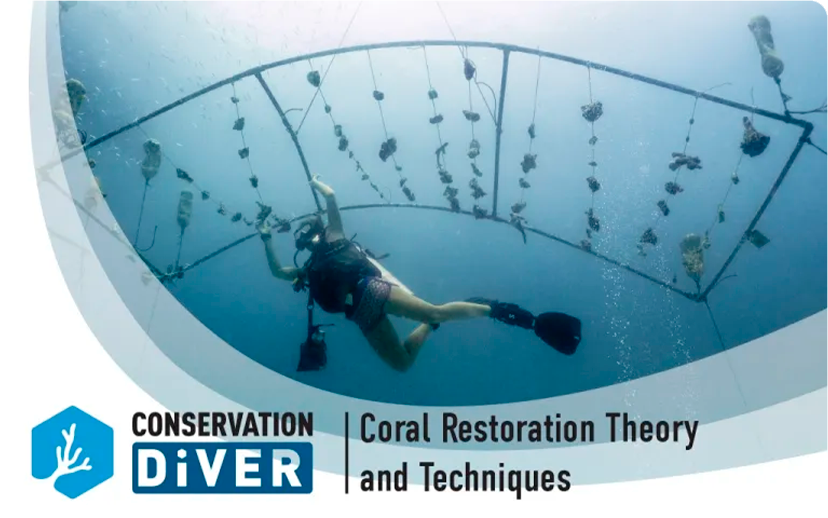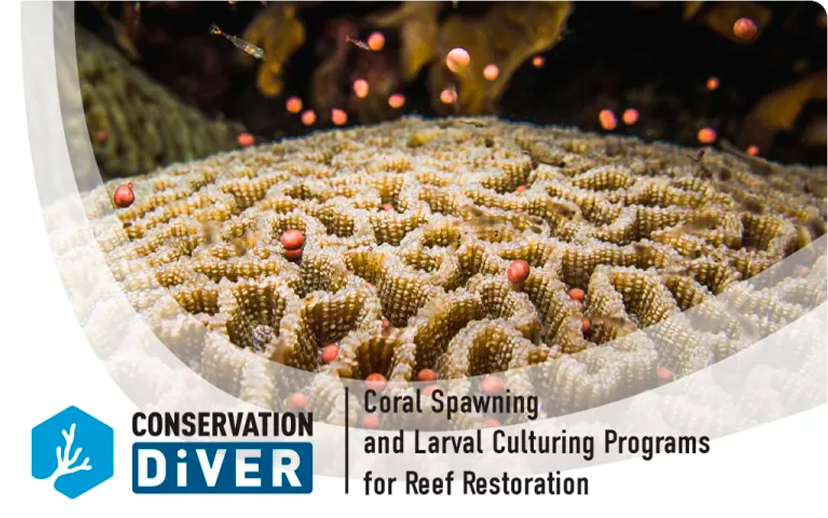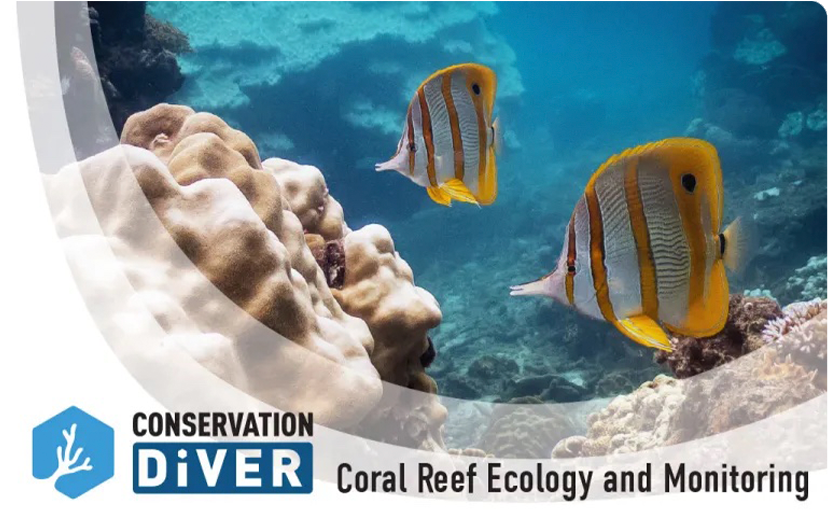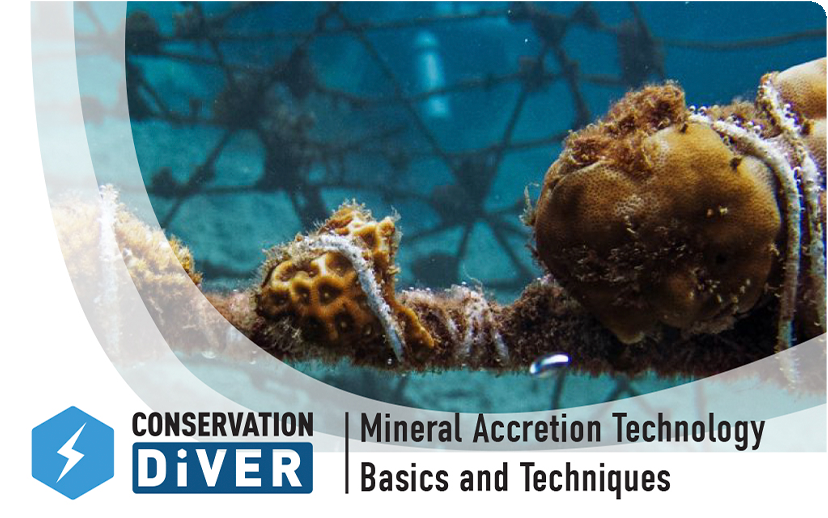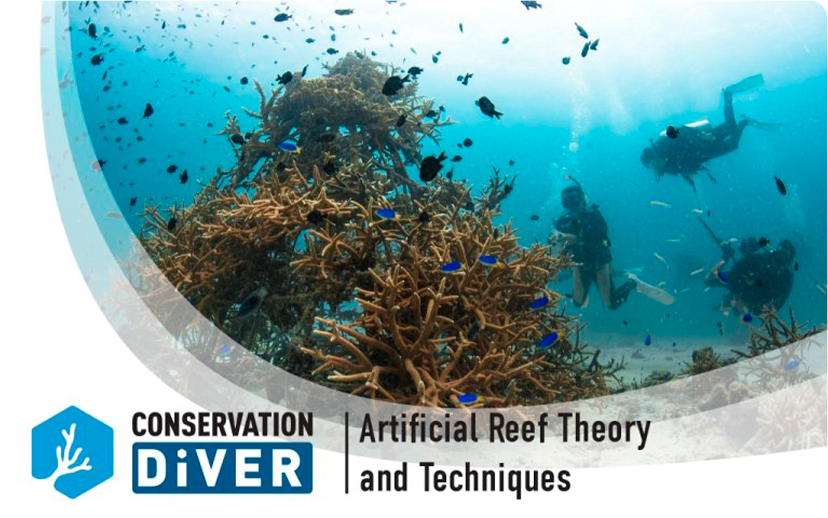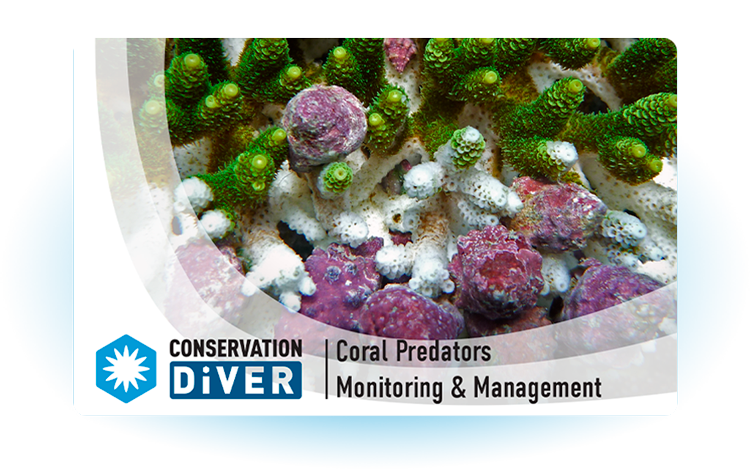
Coral Predators Monitoring & Management
The Coral Predators: Population Monitoring and Management Course is designed to give students an introduction to the impacts of over-populations or outbreaks of coral predators such as the Crown of Thorns starfish and Drupella Snails. The course teaches students about the causes and effects of imbalances in the reef ecosystem, and gives them the knowledge and skills to monitor and assess coral predator populations. In addition to learning about ways to address the root of the problem, students will also learn how to safely and effectively manage populations of coral predators to increase reef resilience, decrease mortality following bleaching events, and be proactive in managing coral reef areas for future sustainability.
Learn about the root causes of coral predator population outbreaks.
Gain insight into current theories on the population dynamics of coral predators in stressed reef ecosystems.
Comprehend the vital role of coral predators within the reef ecosystem.
Develop skills in safely and effectively managing coral predator populations, including assessing their abundance.
Program Eligibility and Requirements
To join the Coral Predators: Population Monitoring & Management Program, participants need to meet the following criteria:
- Age Requirement: Applicants must be 12 years of age or older.
- Diver Certification: Applicants should hold certification as an Advanced diver from a recognized diving organization such as PADI, SSI, RAID, or similar. Alternatively, Open Water divers can be eligible if they have successfully completed a buoyancy appraisal under the guidance of a professional diver.
- Diving Proficiency: Applicants need to showcase advanced diving skills, including excellent buoyancy control and self-awareness.
- Certifications: Interested individuals must have completed the following certifications offered by our program:
Upon Enrollment in the Course, participants will be required to:
- Attend the lecture on coral predators
- Perform a coral predator population survey
- If research suggests a local outbreak then perform a predator management and removal dive
Published papers and reports derived through the teaching of this course
- Population dynamics of corallivores (Drupella and Acanthaster) on coral reefs of Koh Tao, a diving destination in the Gulf of Thailand by Chad M. Scott, Rahul Mehrotra, Margaux Y. Hein, Michelangelo S. Moerland, and Bert W. Hoeksema
- In-situ egg deposition by corallivorous snails on mushroom corals at Koh Tao (Gulf of Thailand) by Chad M. Scott, Rahul Mehrotra and Bert W. Hoeksema
- Prey selection of corallivorous muricids at Koh Tao (Gulf of Thailand) four years after a major coral bleaching event by Michelangelo S. Moerland, Chad M. Scott and Bert W. Hoeksema
- Spawning observation of Acanthaster planci in the Gulf of Thailand by Chad M. Scott, Rahul Mehrotra and Pau Urgell Plaza
- Dietary shift in corallivorous Drupella snails following a major bleaching event at Koh Tao, Gulf of Thailand by B.W. Hoeksema, C. Scott & J.D. True






